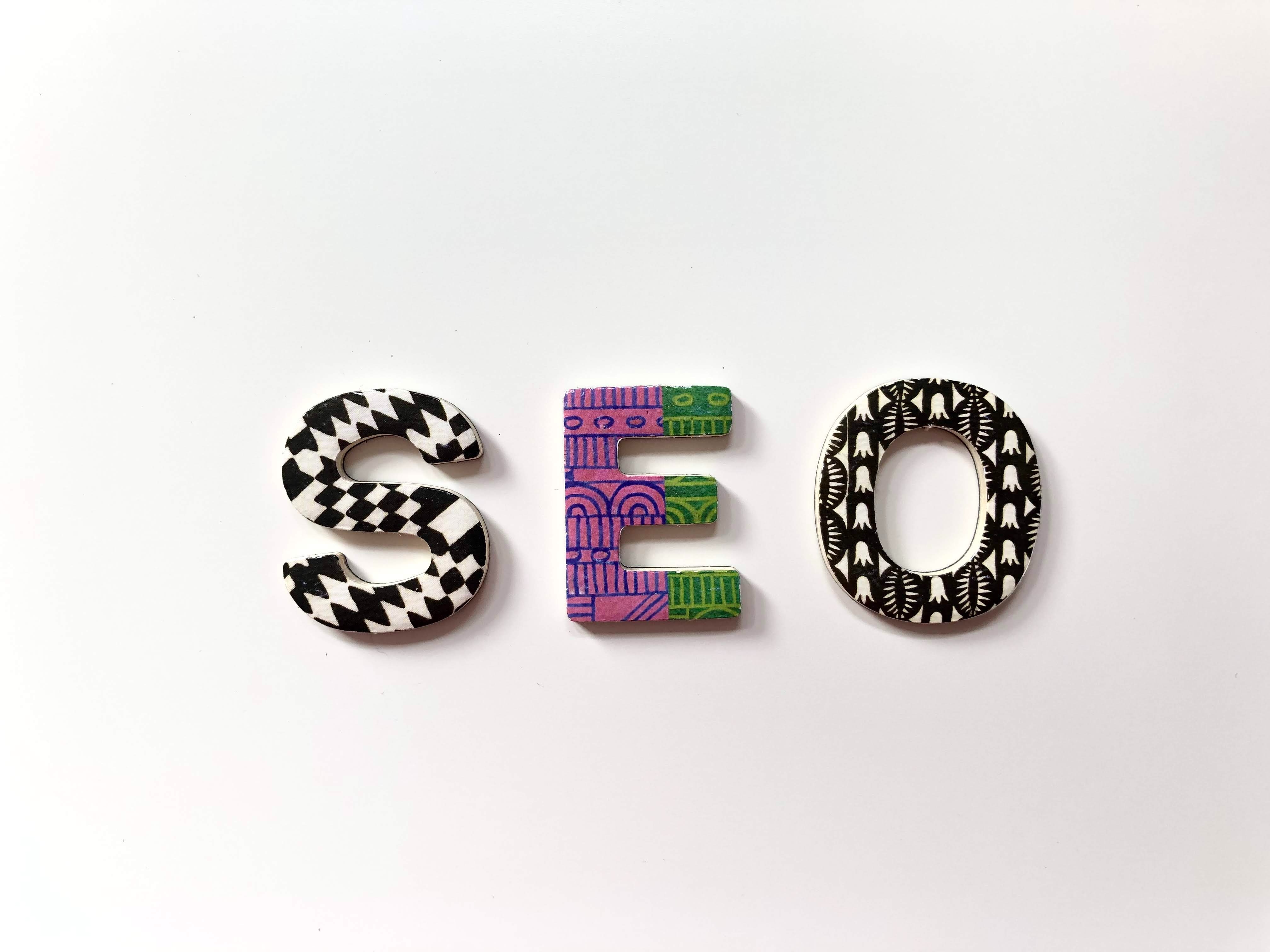SEO vs Paid Ads. Which is better?
What is SEO?
SEO also know as search engine optimization is the process of following googles widely known and unknown rules in order to rank higher on the google algorithm when people are searching for terms related to your industry. SEO is spilt into two main categories, on-page and off-page. On-Page seo is essentially all factors affecting your rankings that are happening on your website like using the right amount of H1 tags, making sure you don't have thin content, ect. Off-page seo is essentially all the factors affecting your website which are happening off the website like aquiring backlinks, social mentions, etc. When performing seo you are NOT paying google anything, you are following these algorithm rules to rank on the natural section on the google search results. How do you know if you have good seo? You can just enter your domain into a free seo audit tool by clicking this link.
Paid Ads
On Google, there are a couple ways you can advertise your website but the most common form of advertising when it comes to google is PPC (pay per click). The name is pretty self explanatory, you pay a certain amount for every time someone clicks on your ad which is your website or a landing page of some sort. When a searcher searches for a keyword that your paying for, your website will pop up before the natural rankings and you will be competing against other advertisers for the number 1,2 and 3 spots. This can obviously be advantageous but at times it can become very costly. You must strategize a proper campaign to maximize your ROI (return on investment). But is paying for ads really better than SEO?
Which is better?
Of course at the end of the day this comes down to a lot of different variables and the users goals. For a special one time offer where you want to get people on a landing page that won't even be a permanent page on your website, paid ads is the way to go. If your willing to look at things from a long-term perspective, seo takes the prize. Even after you stop doing seo work, the results marinate and builds off of itself while paid ads, once you stop paying, your results stop coming in. Seo is one of the best ways any business can build their online presence and actually start generating serious revenue from the website. Now that we know seo is the long-term winner, how do we implement this into our business?
How to execute proper SEO
Now coming up with your own seo strategy is complex at best, that's why the best way to go about things is to simply just hire a professional SEO firm that really specializes in delivering results when it comes to Google rankings. If this is out of your budget, your most likely a local business and there is most definitely options that you can personally pursue to get you business ranked higher on google. This is usually categorized as local seo. But how can I actually perform local seo if tech was never my thing?
Local SEO
There are a couple ways to boost your local seo. The first way is aquiring citations. this would fall into the off-page seo category and it actually isn't that difficult to do. Citations is whenever another website has your NAP (name,address,phone number) listed on their website. The best types of website to aquire these from are online directories. It may be a little time consuming but it is definitely worth it. The next way to boost your local seo is adding schema markup to your website. This is done by generating local business schema code on a free online generator. Once you generate the code, input it into the head or body of the contact page on your website. The next way to boost your local seo is to develop and implement review building strategies. Reviews are a great way to start ranking higher on Google. The best advice in regards to getting more reviews is to simply ask your customers.

